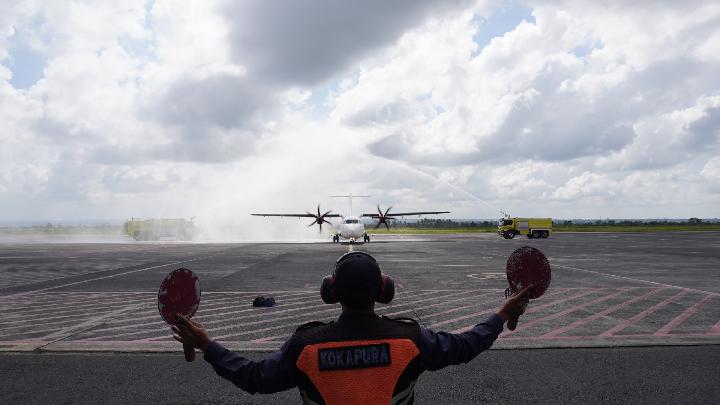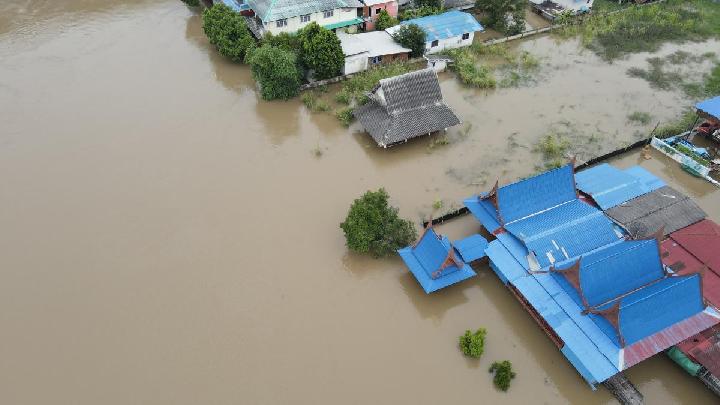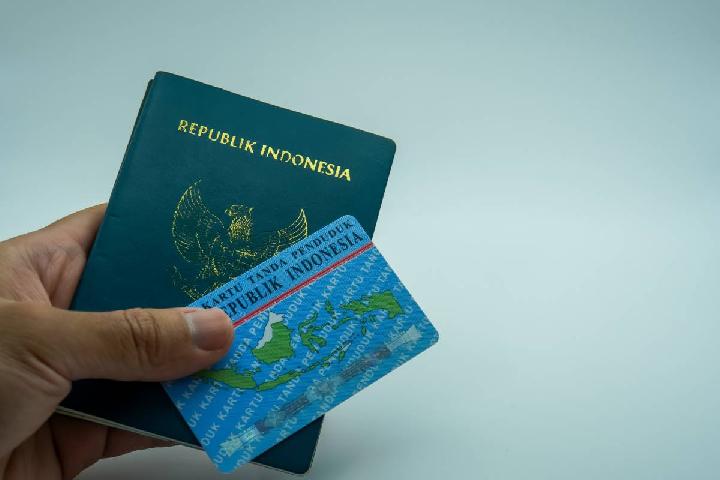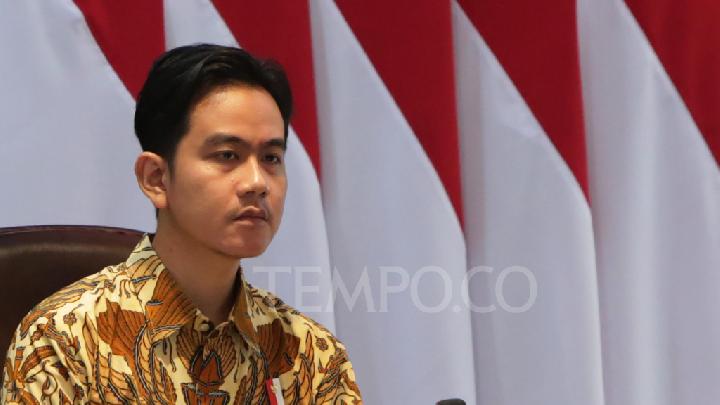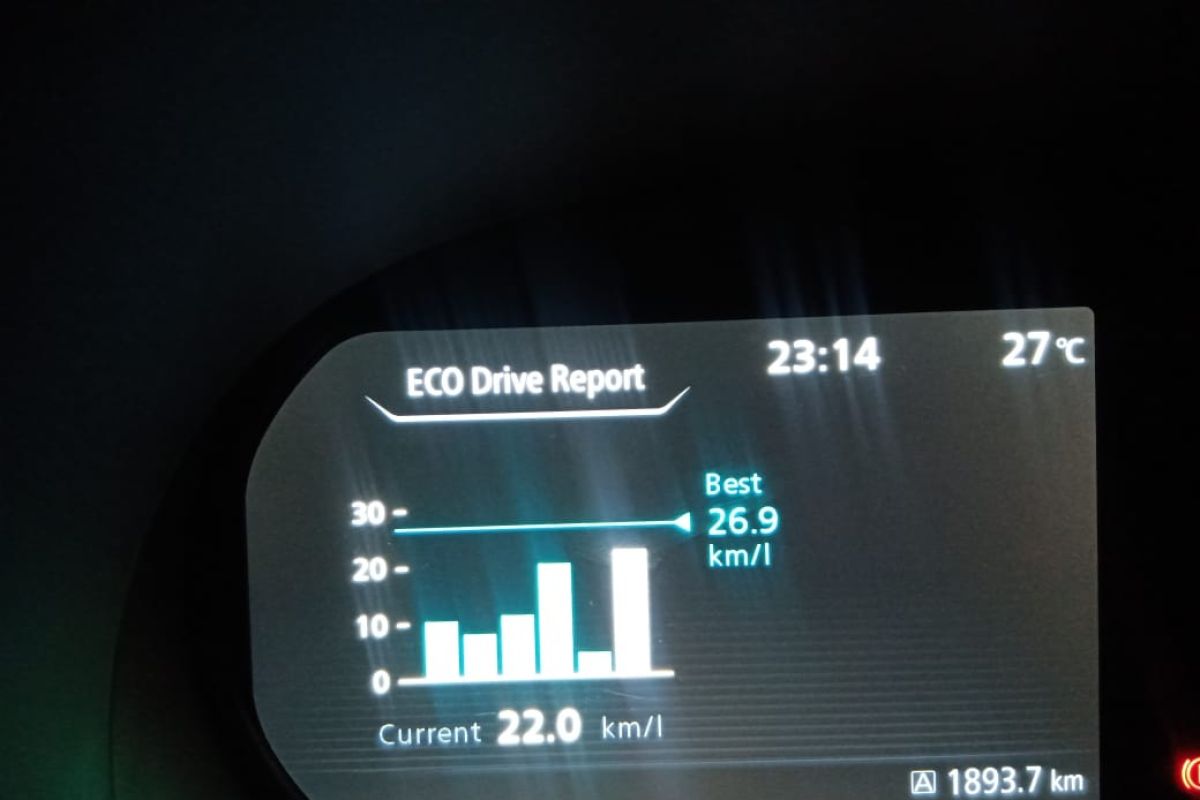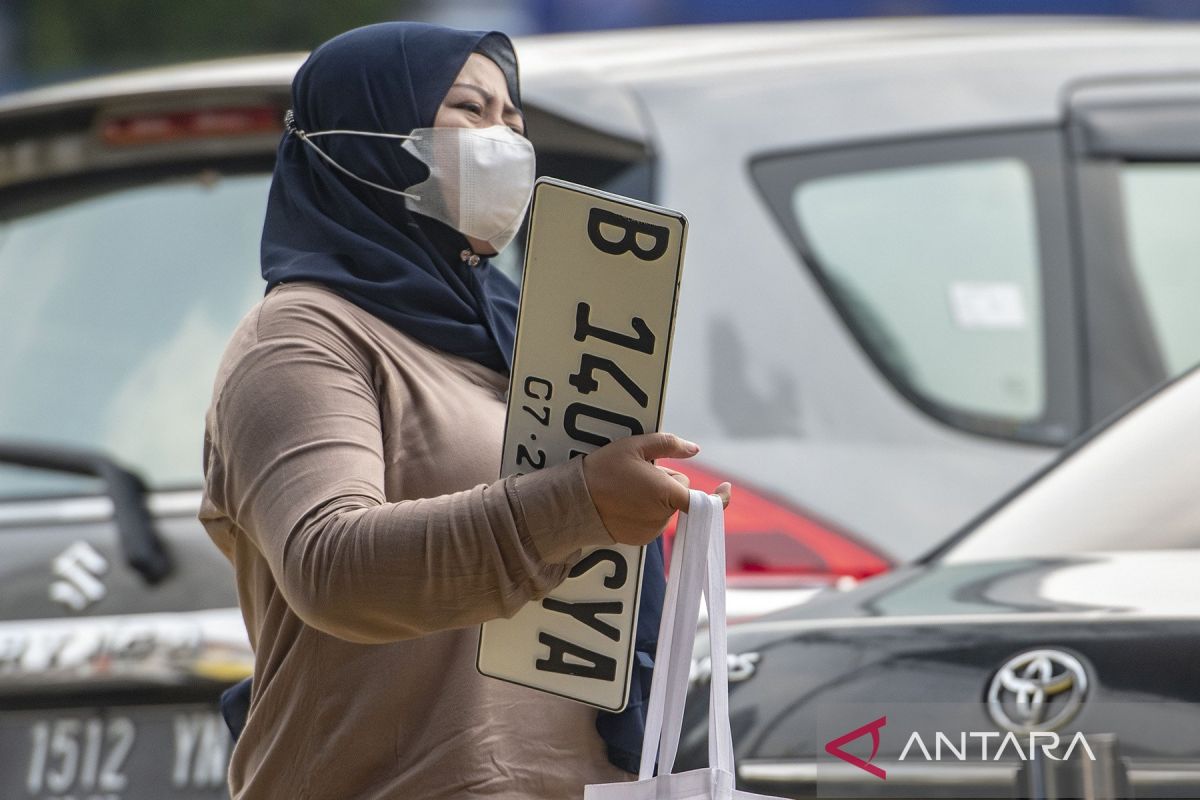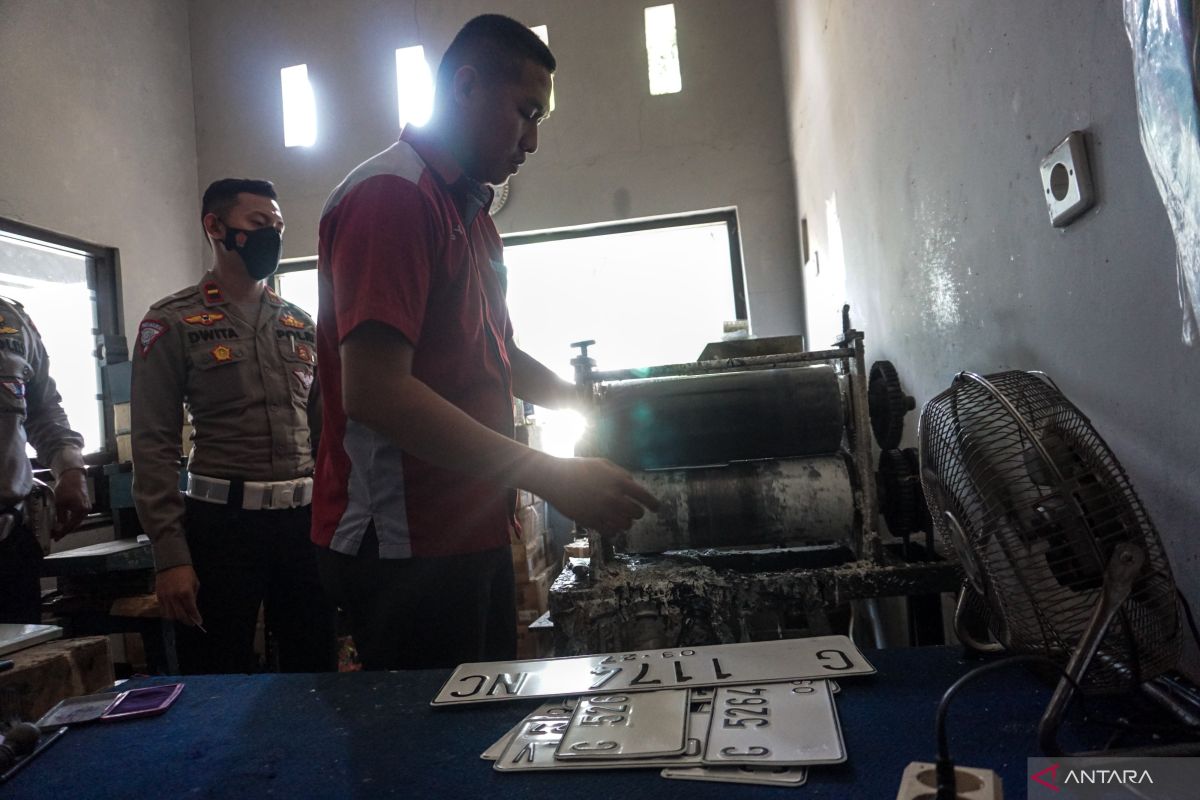
TEMPO.CO, Jakarta - The Indonesian Government, through the Ministry of National Development Planning (Bappenas), in tandem with the Food and Agriculture Organization of the United Nations (FAO), began a five-day training workshop on Monday. The workshop aims to leverage central and regional institutions’ governance and coordination to transform the country’s agrifood systems.
Indonesia is committed to agrifood systems transformation to ensure everyone has access to healthy diets that are produced sustainably to restore nature and deliver equitable livelihoods, as laid out in the country’s National Medium-Term Development Plan (RPJMN) 2025-2029 and Strategic National Pathway for Food Systems Transformation.
Sustainable agrifood systems encompass all the interconnected activities and actors involved in producing, consuming, trading, processing, distributing, stocking, managing resources and food loss and waste, ensuring all people have socio-economic access to safe and nutritious food.
To advance this commitment, the training workshop gathers 50 key public officials from various ministries and regional governments to strengthen their capacity and coordination in consolidating and implementing evidence-based policies and interventions that are tailored to local contexts and needs.
“Indonesia’s agrifood systems transformation is directed at building local food systems that are based on ecoregions and local potentials. This is expected to realize Indonesia’s vision in transforming its food systems into ones that are healthy and nutritious, inclusive, equitable, resilient, and sustainable,” Director of Food and Agriculture of Bappenas, Jarot Indarto, said in a written statement received on Tuesday, May 6.
The workshop introduces agrifood systems transformation to government officials as a sustainable solution in addressing the interconnected challenges facing Indonesia today, from poverty and food insecurity to climate change and biodiversity loss.
It equips participants with the skills and tools to translate national priorities into decentralized planning and implementation that are aligned with climate actions, identify collaboration opportunities between institutions, and utilize innovative financing strategies.
“As the world’s largest archipelago that boasts high biodiversity, Indonesia will benefit from regionalized food systems that bolster diverse local foods and sustain the ecosystems, not only making food more accessible but also elevating local livelihoods’ resilience,” FAO Representative in Indonesia and Timor-Leste Rajendra Aryal said in the same statement.
While Indonesia has made notable strides in improving its food and nutrition security, the country still grapples with significant hidden costs from current food systems’ externalities across the environmental, social, and health sectors.
According to 2023 Ministry of Health data, 21.5 percent of children aged under 5 years are still stunted, while almost half of its population cannot afford a healthy and nutritious diet, as reported in the 2024 State of Food Security and Nutrition in the World (SOFI) report. At the same time, the food loss and waste Indonesia produces could have fed a third of its population with better management, according to a 2021 Bappenas study. Environmental degradation and biodiversity loss pose looming risks to the livelihoods of about 29 percent of Indonesia’s workforce that rely on the agri-food sector.
“FAO sees governance as a gear with which Indonesia can transform its agrifood systems to realize a healthier and more productive population without compromising the ecosystems,” Rajendra added further.
Editor's Choice: Prabowo's Reason for Involving the Military in Food Matters
Click here to get the latest news updates from Tempo on Google News
Prabowo's Reason for Involving the Military in Food Matters
7 jam lalu

According to Indonesian President Prabowo, food issues are related to national security.
Indonesia Responds to USTR's Accusations of Bulog's Food Import Monopoly
4 hari lalu

Indonesian President Prabowo Subianto requests the establishment of food reserves in Perum Bulog
Bapanas Backs Prabowo's Call for Home Chili Gardens to Combat Price Hikes
6 hari lalu

Prabowo suggested that families plant at least five chili pepper plants at home to help stabilize prices.
9 Ways to Stop Overeating
8 hari lalu

Overeating leads to weight gain and poses the risk of chronic conditions such as diabetes or heart disease. Here are 9 ways to break the habit.
Indonesia's Rendang and Gulai Among Top 10 Best Stews in the World
8 hari lalu

TasteAtlas announced that Indonesian rendang and gulai are in TasteAtlas's list of the "100 Best Stews in the World" for April 2025.
Food Poisoning: Know the 6 Common Bacteria and How to Avoid Them
9 hari lalu

Improper food storage and unhygienic food processing can lead to bacterial contamination, which causes food poisoning.
5 Halal Street Foods Muslim Travelers Should Try in South Korea
9 hari lalu

South Korea has become increasingly welcoming to Muslim tourists by offering a growing selection of halal-certified snacks and restaurants
BGN Mulls Involving School Cafeterias in Free Nutritious Meal Operation
11 hari lalu

BGN is considering the option to decentralize food processing in the free nutritious meal (MBG) program following a mass food poisoning case.
Feeling Sick? Here's What to Eat and Avoid After Food Poisoning
11 hari lalu

Some foods and drinks that can and cannot be consumed after experiencing food poisoning.
Indonesian Govt Incomplete Lab Test for Alleged Poisonous Free Nutritious Meal
11 hari lalu

BGN will ban all providers of free nutritious meals from cleaning the leftover food given to students.








